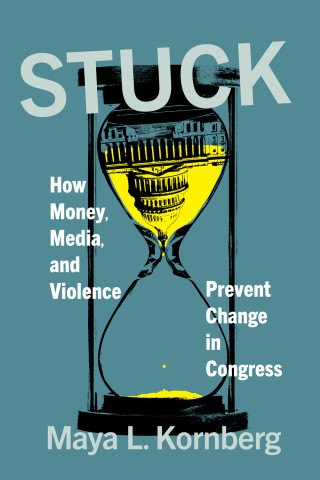
Reviews
Brook Poston presents a fresh take on Monroe's ideas about parties, complicating conventional analyses of elite founders. This book offers a timely look into past periods of political strife. Poston observes the strong parallels between politics of the early national period and our current moment in the United States. The similarities make the early national period a vital lens for looking into twenty-first-century politics.
Book Details
Acknowledgments
Introduction
1. Mentor: Monroe and Thomas Jefferson
2. Monarchists, Royalists, and Tories: Monroe and the Federalists
3. The Antiparty Presidents: James Monroe and George Washington
4. The
Acknowledgments
Introduction
1. Mentor: Monroe and Thomas Jefferson
2. Monarchists, Royalists, and Tories: Monroe and the Federalists
3. The Antiparty Presidents: James Monroe and George Washington
4. The Last Monarchist: Monroe, Rufus King, and the Missouri Crisis
5. The Adamses and Amalgamation: Monroe and the Adams Family
6. Faction Jackson: Monroe, Jackson, and the End of Good Feelings
Conclusion
Notes
Selected Bibliography
Index






